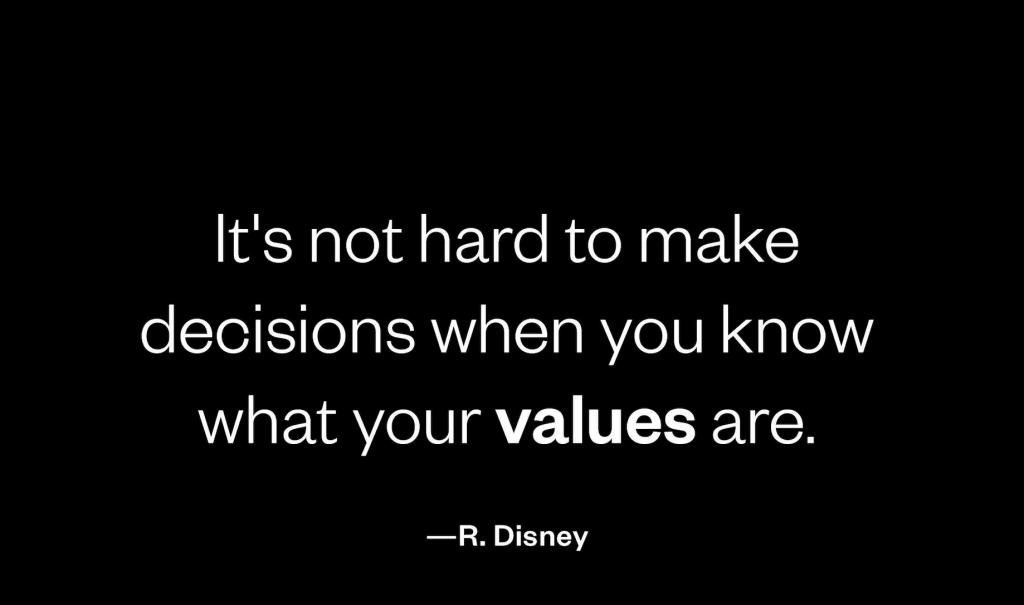As a wife and a mother of two amazing (but busy) girls, who also works fulltime and tries to squeeze in study time to complete my transitional programme as overseas-trained psychologist, life gets a little hectic on the best of days. And that’s without even considering the ever illusive “me-time”. (“Gym”? Who’s he?).
Sadly, the “busy life” has been glorified as a measure for success and dressed up as an ideal to strive towards. We work when we are ill, when we should be paying attention to what our bodies are trying to tell us. We work in our cars outside our kids’ dance studio or next to the netball court while they practice, when we should embrace an opportunity to be present. We check our mails while on “holiday” when we should be checking out the view.
When too much of your energy constantly goes into work, the effects can add up over time, says Leah Lambart of Relaunch Me Career Consulting. Lambart says, “Working for long periods without leaving your desk, checking emails when you should be present with family or friends, working weekends and eating lunch and/or dinner at your desk are all signs that you don’t have a good work-life balance. She says, “the way you feel physically, emotionally and mentally are important to take note of, too.”
So if, as you read this, the alarm bells are ringing, you may wonder how you are supposed to go about getting off the hamster wheel? I try (sometimes I succeed) to implement the following guidelines.

1.) Learn the necessary magic of “no”.
“No is a necessary magic. No draws a circle around you with chalk and says ‘I have given enough’.”
– Author unknown.
Although I said my first word at six months, it has taken me decades to learn to say the two-letter word “no”. I am an Afrikaner; my culture is one which values hard work and a “can do-attitude”, always giving 100%. My culture is also stubborn and proud. So within the context of managing a workload, “No” does not come easily. I have had to rewrite my inner script to understand that saying “no” does not mean I have a questionable work ethic or that I am less capable or ambitious. It is completely okay to say no – especially if you feel forced to say yes. Normalize saying no to everything beyond your capacity or things you don’t have the resources to do. Paulo Coelho wrote: “When you say yes to others, make sure you are not saying no to yourself”.

2.) Boundary up
If you find it hard to say no, you may also find the implementation of boundaries challenging. Boundaries can lead to feeling conflicted, torn or guilty, and implementing them may require courage. They can be physical, such as blocking out time when we are not available for any work-related activities, or mental, in the case where we consciously make an effort to detach from work and not engage cognitively with any thoughts of work.
Brookes E. Scott from Merging Path Coaching explains that boundaries are as much about what you want to adhere to as they are about what you don’t want to adhere to. What are you willing to say “no” to in order to keep all of your other boundaries in check? Start by answering the question of what you are willing to give up. Perhaps you would like to prioritise time to go for a run? Maybe missing your son’s soccer games are a dealbreaker for you? Or you might not be comfortable working overtime on weekends as you value quality time with your partner? Once you have this answered, it will be easier to communicate your boundaries to everyone in your life who would be affected by them. Keep in mind that boundaries also include an action if they are not respected. Boundaries not only protect our emotional energy, but also show others how we would want to be treated.
3.) Manage expectations
Set boundaries by telling colleagues and clients when you will and won’t be working, so they don’t expect you to be available 24/7.
Be honest about the amount of work you can realistically get done within the given timeframe and don’t overschedule yourself.
Seek guidance about expectations in terms of your workload and when you can disconnect from work. Consider your options: ask your employer about flex hours, a compressed workweek, job sharing or other scheduling flexibility. The more control you have over your hours, the less stressed you’re likely to be.

Someone once asked best-selling author, Nora Roberts, how to balance writing and kids. She said that the key to juggling is knowing that some of the balls you have in the air are made of rubber and some are made of glass. If you drop a rubber ball it bounces. No harm done. If you drop a glass ball it shatters, so you have to know which balls are glass and which are rubber. Prioritise catching the glass ones.
In line with this theme, former Coca-Cola CEO Brian Dyson said in a 1991 speech that work is a rubber ball. If you drop it, it will bounce back. The other balls such as family, health, friends, and integrity are made of glass. If you drop one of these, it will be irrevocably scuffed, nicked, perhaps even shattered.
Whenever I feel overwhelmed, I remind myself of my “glass balls” which serve as a guide in making decisions about my boundaries and to living a life congruent with my core values; family, mental and physical health, connection. Choosing in favour of one’s values will point you to the life that holds the most meaning and happiness.
Balance is not something you find; it is something you create. It is also not fitting everything in, its starting with what’s important and letting everything else – the rubber balls – fall as it will. Balance is doing enough, not doing it all.





